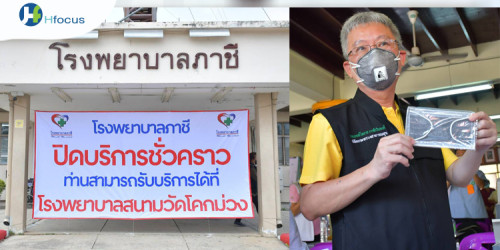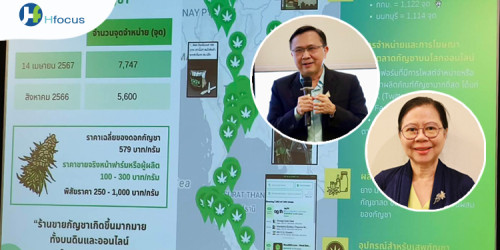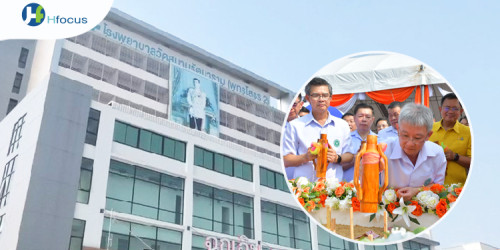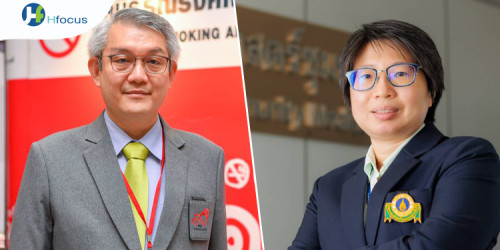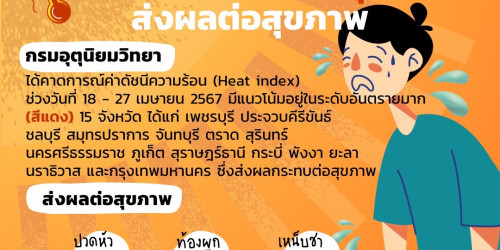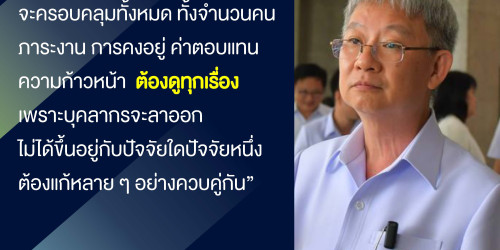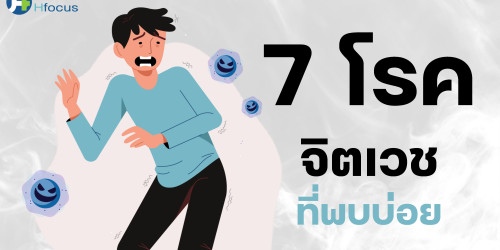The president of the Rural Doctors Society has called for Public Health Minister Pradit Sintawanarong to step down over cuts to hardship allowances.
Society doctors yesterday travelled to the Budget Bureau, which oversees state budget affairs, to petition against the payment changes.
The petition was signed by 3,000 rural doctors who oppose the cuts. The society's president Kriangsak Watcharanukulkiat said rural doctors have had sour relations with Mr Pradit and the changes to the hardship allowance was the final straw.
Dr Kriangsak reaffirmed the society's plan to continue to protest against the ministry's changes.
Dr Kriangsak said rural doctors will wear black to work to show their disapproval of the minister. Doctors will also rally at Government House every Tuesday until Mr Pradit steps down.
The hardship allowance for doctors working in rural areas is currently based on working conditions and the doctors' degree of isolation.
But beginning next month, most doctors who receive hardship allowances will have their rates cut in half.
The ministry has opted to disperse the allowance based on doctors' performance.
The allowance for those working in high-risk areas such as the far South,however, will remain unchanged.
Between 3,500-5,000 doctors nationwide are expected to take part in the campaign against the changes.
Some people are concerned that rural doctors will strike during the Songkran holiday from April 12-16 a critical period when road accidents reach their peak.
Dr Kriangsak said any work stoppages resulting from the protest action will not affect patients directly because doctors and medical staff will be arranged to cover medical services.
Meanwhile, nurses announced yesterday they would not back the doctors'campaign.
Wichit Srisuphan, Thailand Nursing and Midwifery Council president, said nurses will support the ministry's payment change.
Jongkon Intasarn, Community Nurse Associate president, said the hardship allowance changes did not affect nurses.
Isolated areas come under three classifications normal suburban areas;isolation level 1, or remote areas; and isolation level 2, or border/high-risk areas.
Nurses stationed in areas classified as normal are currently entitled to an allowance of 1,200-1,800 baht a month,depending on their years of experience.
Nurses in level 1 areas are entitled to 1,500-3,000 baht a month, while those working in level 2 areas receive 3,000-4,500 baht.
Under the new policy, suburban areas will be reclassified as "urban" areas for which the allowance rate will be close to the current hardship allowance rate.
Ms Jongkon said nurses have been paid based on their performance for several years.
The payments have helped increase nursing staff efficiency, she said.
It was fair that those who worked harder should be paid more, she said.
Nurses and dentists at state-owned general hospitals have sent letters to the Public Health Ministry to back the new hardship allowance payment.
State-owned general hospitals are mostly in developed urban areas, and are better equipped than hospitals in rural areas.
Source: Bangkok Post 21 March 2013
- 1 view

